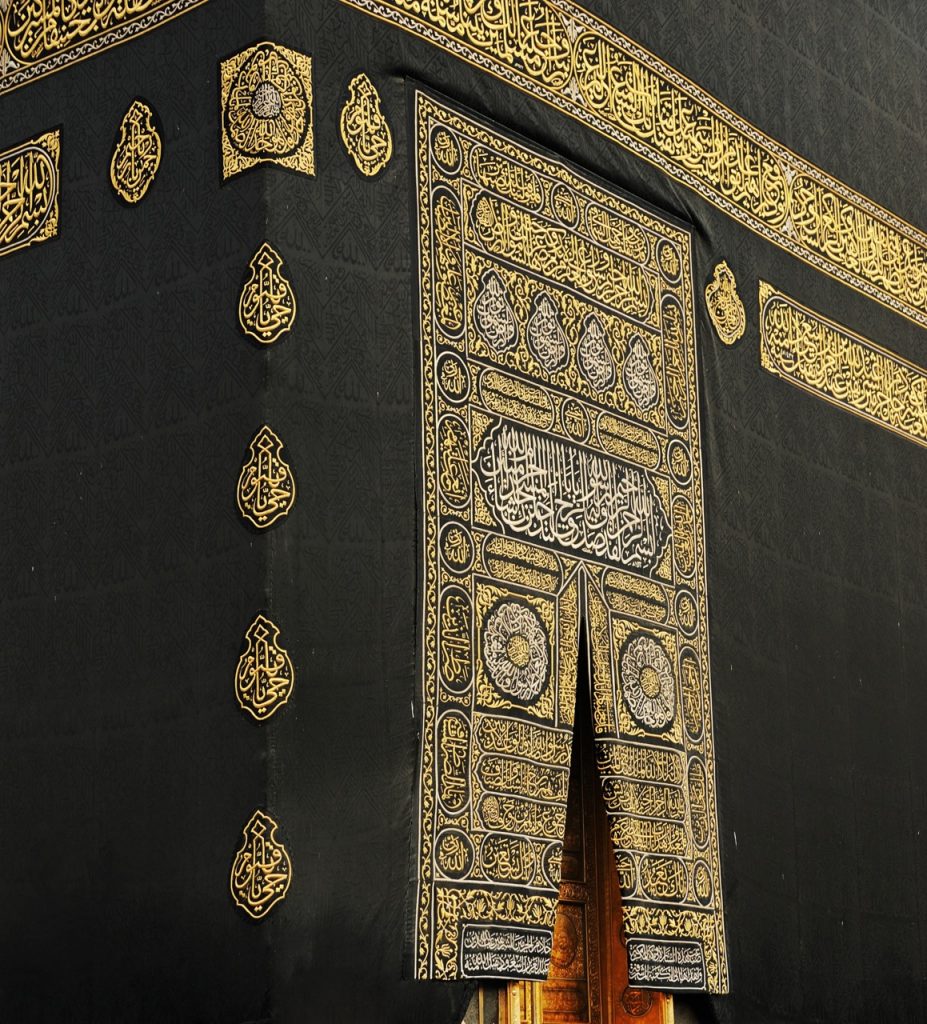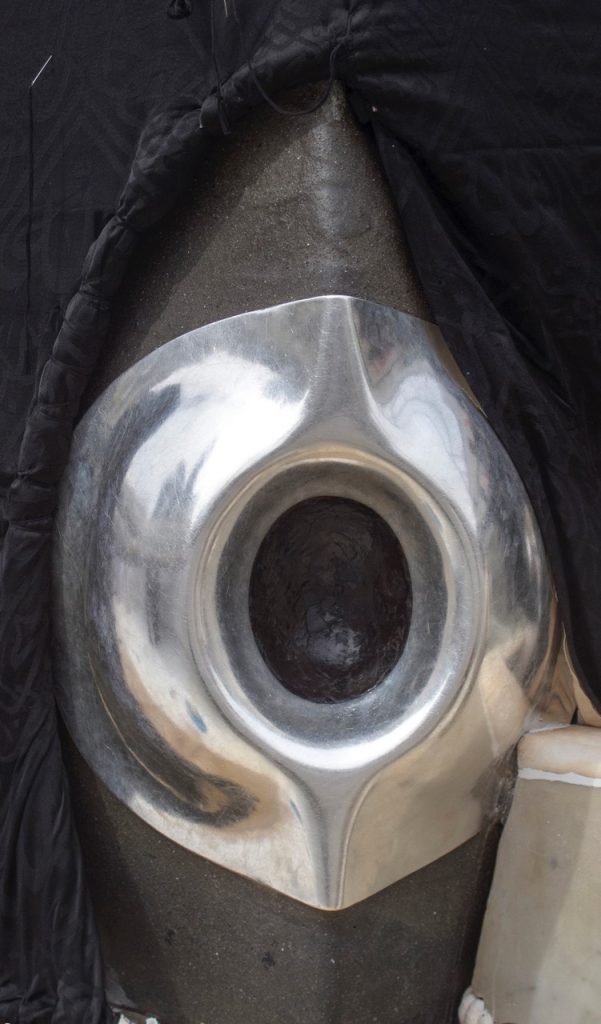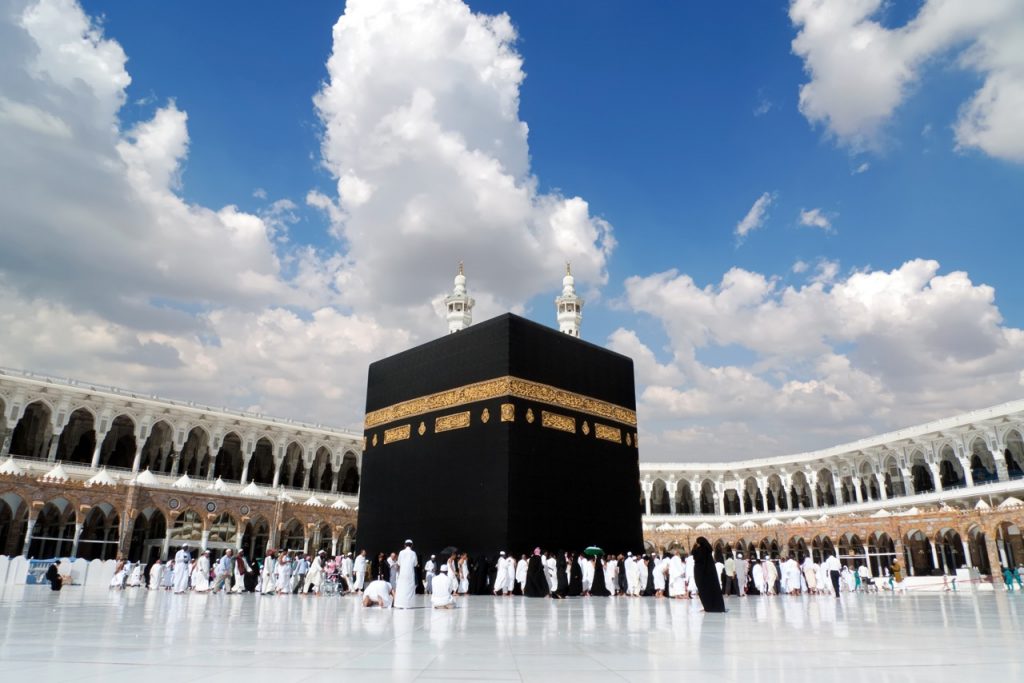Understand the Kiswa and why it’s so special
Discover some amazing facts about the Kiswa, the black silk cloth embroidered with Quranic verses that covers the Kaaba in Makkah. Why is it so special?
Brief history of the Kiswa
Since the time of The Prophet Ismael (PBUH), one of the most important aspects of venerating the Holy Kaaba has been the Kiswa. Most stories indicate that the first person to cover the Kaaba was the King of Yemen, Tubba Abu Karab of Himyar.
Tubba’s successors considered the Kaaba’s cover to be a religious duty. When the Kiswa became worn out or damaged, it was replaced and the old one was cut into small pieces and buried.
Where is the Kiswa made?
At first, the kings of Egypt and Yemen took turns producing the Kaaba cover. Then Egypt took over completely, until political disputes caused Egypt to stop sending covers. Kaaba covers are now produced in Makkah.
Learn how to visit the Kiswa Factory in Makkah.
Amazing facts about the Kiswa
- It is made of 670 kg of black silk.
- An estimated 220 kg of gold and silver thread is needed to embroider its Quranic verses.
- It covers 658 sqm.
- It currently takes 137 workers around 8 months to create the Kiswa. More sophisticated machinery is speeding up the embroidery process.
- Cost estimates vary, but it is valued at around 22 million SAR, around 6 million USD.
- The Kaaba cover is replaced annually on the Day of Arafah, the ninth day of the Hajj month of Dhu al-Hijjah.

The Kiswa is richly embroidered with Quranic verses



